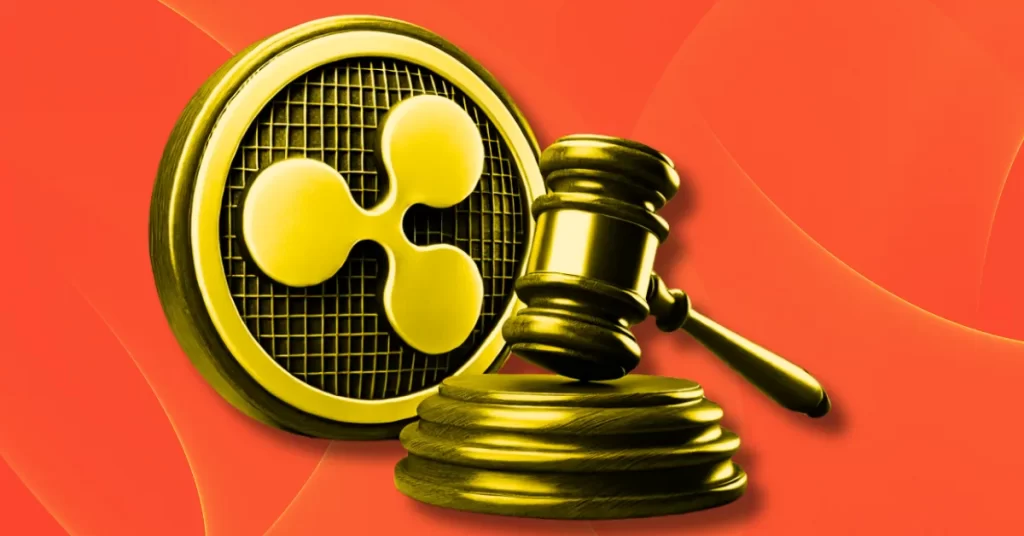- November 9, 2024
- Posted by: admin
- Category: BitCoin, Blockchain, Cryptocurrency, Investments


The post ‘We Won That Case Last Summer’: Ripple CEO Opens Up About Trump, Gensler and XRP Lawsuit appeared first on Coinpedia Fintech News
In recent days, Ripple’s XRP has been making headlines. However, its progress is being hindered by an ongoing legal battle with the U.S. Securities and Exchange Commission (SEC).
CEO Brad Garlinghouse discussed Donald Trump’s support for cryptocurrency, where Trump has positioned himself as a “crypto advocate” during his campaign. Trump has even stated that one of his first actions if elected president would be to remove Gary Gensler, the SEC chairman, who has taken a tough stance against crypto.
Global Crypto Regulations vs. U.S. Approach
In an interview with BBC, Brad points out that many countries like the UK, Switzerland, and Singapore have embraced crypto by creating clear regulatory frameworks. This has allowed the crypto industry to grow, attracting entrepreneurs and capital. In contrast, the U.S. government, particularly under the Biden administration, has been more hostile toward crypto, creating challenges for the industry..
What a Win Would Mean for Crypto?
Brad talked about the ongoing legal battle between Ripple and the U.S. SEC. Ripple has been fighting the SEC over whether XRP should be classified as a security. Last summer, a judge ruled that XRP is not a security, but the SEC is appealing the decision, though they are not challenging the ruling on XRP itself.
Brad stressed the need for clearer regulations in the U.S. While Bitcoin and XRP have some regulatory clarity, many other cryptocurrencies, like Ethereum and Solana, remain in a “gray area.” This lack of clarity makes it difficult for the industry to move forward. Brad advocates for clear, well-defined regulations—similar to those in the UK or Japan—so that the crypto industry can follow the rules without fear of uncertainty.
SEC’s Role in Crypto Regulation
He criticized the SEC under Gary Gensler for trying to regulate crypto through enforcement actions rather than creating formal, clear rules. He argues that cryptocurrencies, unlike traditional securities, do not provide ownership rights or governance rights, so they should not be classified as securities.
